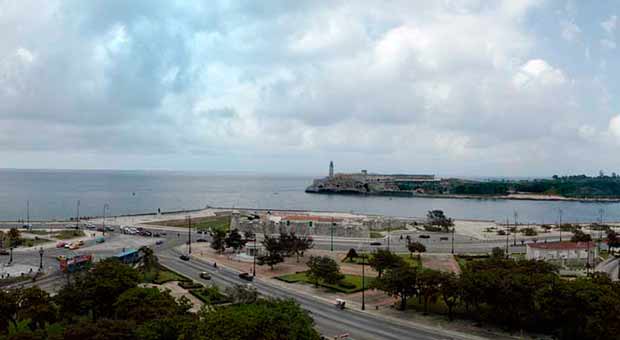Behind this new rule the urgent need to inject capital into the Cuban economy in order to generate virtuous cycles of growth is hidden. Specialists and government sources have stressed the imperative to have between 2 and 2.5 billion dollars annually in foreign direct investment (FDI) to achieve an annual growth target of 7 %. However, economists estimate that FDI in Cuba today is only around a few hundred million dollars and that the economy should grow by only 2.2 %.
The 1995 legislation allocated FDI on highly selected sectors: light industry, tourism, telecommunications, etc, which functioned as walled sectors, without achieving economic linkages within and outside the country. Moreover, in the political structures prevailed negative mentality towards FDI, it was perceived as a “necessary evil.”
The Cuban government, under the new rules, seeks to incorporate FDI as a structural component of the economy. Except branches of education, health and defense, the other areas of the economy are open to foreign investment. Unlike 1995, now foreigners may invest in agriculture, infrastructure, sugar, nickel, renovation of buildings and real estate business. As incentives, the new law cuts in half the income taxes, eliminate the tax on the use of labor and offers a moratorium of eight years to begin to pay taxes on earnings. It also guarantees the free transfer of profits abroad in freely convertible currency and the possibility for investors to dispose of their shares in favor of the Cuban State or third parties, provided that they are approved by the Government of the Island
However, still standing are some “bottlenecks” that do not provide solutions to problems present since 1995. While Cuban immigrants can legally invest in the country (both legislation endorsed it: 1995 and 2014) it appears that is not governmentally promoted. Another tricky issue is referred to the hiring and payment of the labor force, which remains by an external agent that completed both functions. It won’t be allowed to pay directly to the workforce. Another aggravating factor is that the new law prohibits FDI in the burgeoning private sector of the island, which is limited to generating economic growth and linkages with the state sector and at international level.
Although tourism was not mentioned during the special session of the National Assembly, foreign investment has been critical to developing infrastructure and stimulate the flow of travelers to the island. Foreign capital has managed to turn Cuban tourism into a very dynamic sector in the last 20 years.
Just four months ago, Daniel José Reinaldo, business director of the Ministry of Tourism (Tourism), told reporters that foreign investment is key to developing the country’s hotel capacity. The Tourism Ministry has insisted on the business opportunities to create joint ventures engaged in the construction and operation of hotels, property development associated with golf courses, management contracts, marketing, and franchising abroad.
At that time, December 2013, the official said MINTUR was willing to examine foreign investment interests in areas that are not yet exploited. He said they were looking for investment in the southern provinces of Cienfuegos, Sancti Spiritus (in the colonial city of Trinidad), northern Camaguey (Santa Lucia beach), Las Tunas and Holguin. He specified that the modification of the Cuban Civil Code allows the granting of surface rights for 99 years and in perpetuity, allowing full guarantees to foreigners buying properties.
Cuba has 60,500 hotel rooms and by 2020 the authorities expect to reach 85,000. Main poles have a particular highlight, as the resort of Varadero (in the range of 31% of all rooms), along with enhancement in Havana, north of Villa Clara, Holguin and Jardines del Rey. Cuba operates three cruise ship terminals, seven marinas and 10 international airports.
There are 62 hotel management contracts with 17 foreign managers, of which 13 are Spanish, a Canadian, a Jamaican, a Portuguese and French, covering 31,277 rooms. At the conclusion of 2013 five new agreements were signed and the entry of two chains in shared management of hotels, including NH who had left Cuba and returned to operate the Hotel Capri, which recently reopened. It seems that, far from slow it down; the new rules will boost FDI in the national tourism sector.
An analysis of Lenier Gonzalez in Hosteltur










